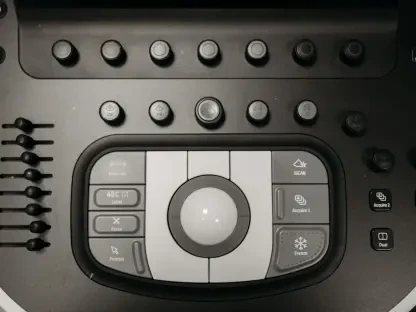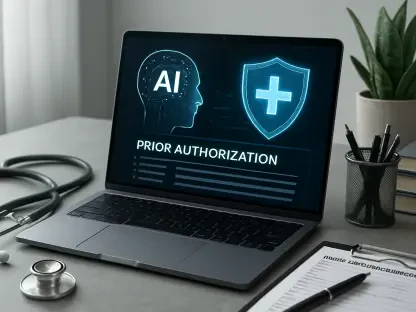Healthcare is facing a significant but often overlooked challenge: managing prescription renewals. With the rise of artificial intelligence (AI), there is growing interest in how new technologies can address this critical issue. This shift is set to impact both healthcare providers and patients by alleviating administrative burdens and enhancing care delivery.
Physicians currently spend up to two hours daily handling prescription renewals. This time-consuming process diverts attention from patient care and contributes to physician burnout. Additionally, medication adherence is affected, with a significant percentage of patients experiencing delays in their medication regimens. For chronic conditions like diabetes, these disruptions can lead to adverse events, highlighting the need for more efficient systems.
Traditional prescription renewal processes rely heavily on manual reviews. Staff members use basic criteria and checklists, requiring significant time and effort. These methods are inefficient, often leading to delays and errors. Moreover, they fail to account for patient-specific factors, necessitating physician intervention even for straightforward cases.
AI, alongside innovations in EMR interoperability and SaaS, offers a transformative solution. Automated systems can reduce staff time requirements by up to 80%, using sophisticated logic to evaluate clinical parameters and patient history. These technologies enhance medication management and safety by incorporating comprehensive data from EMRs and Health Information Exchanges, thus supporting smarter decision-making.
Industry experts like Kevin Agatstein highlight the promise of AI-driven solutions in revolutionizing prescription renewals. Healthcare providers who have adopted AI report improved efficiency and care quality. Clinical leaders endorse these approaches, with research showing that AI can significantly reduce administrative burdens and increase medication adherence.
Implementing AI solutions involves several critical steps. Firstly, extracting relevant data from EMRs is essential. Supporting data from Health Information Exchanges completes the clinical picture, while renewal logic must be configured based on provider preferences. Continuous monitoring ensures that systems remain effective and safe, allowing for ongoing adjustments.
AI has the potential to transform prescription renewal management, alleviating administrative challenges while improving patient care. Advancing these technological solutions will ensure a more efficient and effective healthcare system. The next steps involve continued investment in and adoption of AI technologies, fostering a healthcare environment where administrative tasks are minimized and patient outcomes are optimized.









